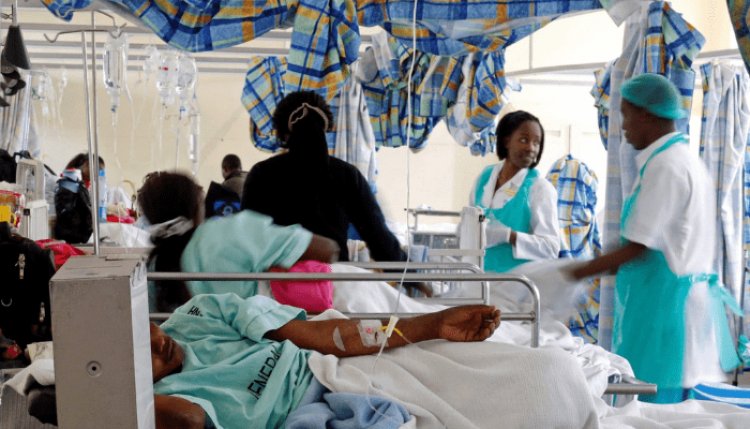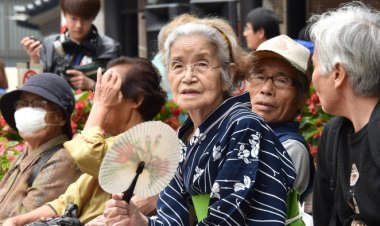Cholera Outbreak in Northwest Nigeria Kills Eight, Infects Over 200 Amid Worsening Health Crisis

Cholera Outbreak in Northwest Nigeria Kills Eight, Infects Over 200 Amid Worsening Health Crisis
A deadly cholera outbreak has struck the Bukkuyum district of Zamfara State in northwest Nigeria, claiming at least eight lives and infecting over 200 people across 11 rural communities. The affected areas, including villages like Nasarawa‑Burkullu, Gurusu, and Adabka, are facing severe challenges in containing the disease due to a lack of access to proper medical care and a worsening security situation. Armed banditry in the region has made it nearly impossible for residents to reach healthcare facilities, forcing many to receive treatment in their homes without access to basic medical supplies or clean water.
Local leaders and residents are sounding the alarm. In Gurusu village, a community head reported that over 21 patients were currently sick, with three dying before they could be transported to the nearest hospital. Another villager described the desperate situation, saying, “We don’t have medicine or drips. Bandits prevent us from going to the city.” These personal accounts underline the severity of the crisis and the urgent need for intervention.
The outbreak in Zamfara is part of a broader national cholera surge, with over 4,700 suspected cases and at least 113 deaths recorded across Nigeria by the end of July 2025. According to health officials, Zamfara State alone accounts for approximately 32% of all cases nationwide. This alarming figure has prompted federal lawmaker Sulaiman Abubakar Gumi to call on the Zamfara government and international humanitarian organizations to act swiftly. Gumi is advocating for the immediate deployment of emergency medical teams and the establishment of temporary cholera treatment centers in remote areas.
Efforts are underway at the national level to mitigate the crisis. The Nigeria Centre for Disease Control (NCDC), in collaboration with the World Health Organization (WHO), UNICEF, and other health partners, has rolled out a nationwide cholera preparedness campaign. Over 150 frontline health workers have been trained, and supplies such as cholera testing kits, oral rehydration salts, and treatment packs have been delivered to high-risk states, including Zamfara. However, health experts warn that the ongoing violence, poor infrastructure, and seasonal flooding could worsen the spread of the disease unless decisive action is taken.
Cholera, a highly contagious waterborne disease, thrives in areas with poor sanitation, inadequate access to clean drinking water, and overcrowded living conditions all of which are prevalent in many parts of Zamfara. The region’s vulnerability is compounded by limited health surveillance and under-reporting, meaning the actual scale of the outbreak could be far worse than current figures suggest. The WHO has also warned that upcoming heavy rains could lead to a spike in cases, especially in states like Zamfara, Yobe, and Sokoto.
The crisis underscores the urgent need for a coordinated response that addresses both public health and security challenges. Establishing mobile clinics, ensuring safe access to healthcare, improving clean water infrastructure, and increasing awareness about hygiene and early treatment could save lives. Without immediate and sustained efforts from both the government and humanitarian actors, the cholera outbreak in northwest Nigeria risks spiraling into a broader humanitarian emergency.























